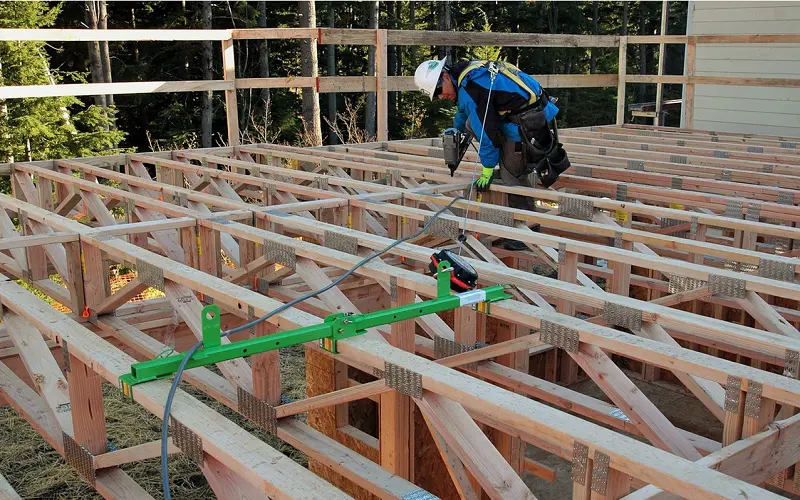When transitioning from addiction treatment to independent living, choosing the right sober home is crucial for long-term success and sobriety. Sober homes provide a safe and supportive environment that promotes recovery and relapse prevention.
However, with numerous sober homes in San Diego available, finding the best fit can seem overwhelming. In this post, we will explore ten factors to consider when selecting a sober home that aligns with your needs and goals.
1. Location
The location of a sober home is an essential factor to consider. Some might prefer being close to their support system of friends, family, or recovery meetings. Others may find it beneficial to be in a new environment away from triggering memories or negative influences. Evaluate what location would best contribute to your recovery journey.
2. Level of Structure
Sober homes offer varying degrees of structure and supervision levels. Some individuals thrive in highly structured environments, whereas others require more freedom and independence as they progress in their recovery journey. Consider what level of structure suits you best while providing the support you require.
3. Staff Credentials
When choosing a sober home, inquire about the staff’s credentials and qualifications. It’s important to ensure that the professionals providing care have appropriate training and experience in addiction recovery support. They should be knowledgeable in assisting residents with their specific needs.
4. Rules and Code of Conduct
Each sober home has its own set of rules and code of conduct that residents must follow. These guidelines often include drug testing policies, curfew restrictions, and attendance at house meetings or group therapy sessions, among other requirements. Make sure you understand the rules and determine whether they align with your personal goals and commitments toward your sobriety.
5. Supportive Services
Recovery is not just about abstaining from substances; it also involves rebuilding one’s life holistically—physically, mentally, emotionally, and socially. Find out what supportive services the sober home offers in these areas. This may include access to counseling, therapy, medical support, life skill-building programs, and opportunities for community integration.
6. Peer Support
One of the significant benefits of residing in a sober home is the availability of peer support. Being surrounded by individuals who share similar goals and challenges can enhance your motivation and accountability. Ensure that the sober home fosters camaraderie among residents and provides opportunities for regular peer support activities.
7. Financial Considerations
Sober homes charge residents for their living arrangements and support services. While cost should not be the sole deciding factor, it’s important to determine if you can afford the fees associated with a particular sober home. Some facilities may accept insurance or offer financial assistance options; exploring these possibilities can help make your decision-making process easier.
8. Duration of Stay
Each person’s recovery journey is unique, and the duration of stay at a sober home varies from person to person. Some individuals might only require a few months of transitional housing before moving towards independent living, while others may prefer longer-term residency for added stability and support. Evaluate your personal needs when considering the duration that aligns with your recovery goals.
9. Transitional Support
Recovery does not end when an individual leaves a sober home; it requires ongoing support during transitions. Inquire about how the sober home provides transitional support once you move on from their program—whether they offer aftercare services such as alumni programs or connections to community resources that can aid in maintaining sobriety long-term.
10. Safety Measures
Last but certainly not least, prioritize safety when selecting a sober home. Conduct research to ensure that the facility adheres to appropriate safety standards and has emergency protocols in place should any unforeseen situations arise.
Conclusion
Choosing the right sober home requires careful consideration of multiple factors aligned with your needs and recovery goals. By evaluating location preferences, level of structure, staff credentials, rules and code of conduct, supportive services, peer support opportunities, financial considerations, duration of stay, transitional support options, and safety measures provided by the sober home, you can make an informed decision for long-term success in your recovery journey. Remember, finding the best fit is crucial to laying a strong and solid foundation for a life of sobriety.




